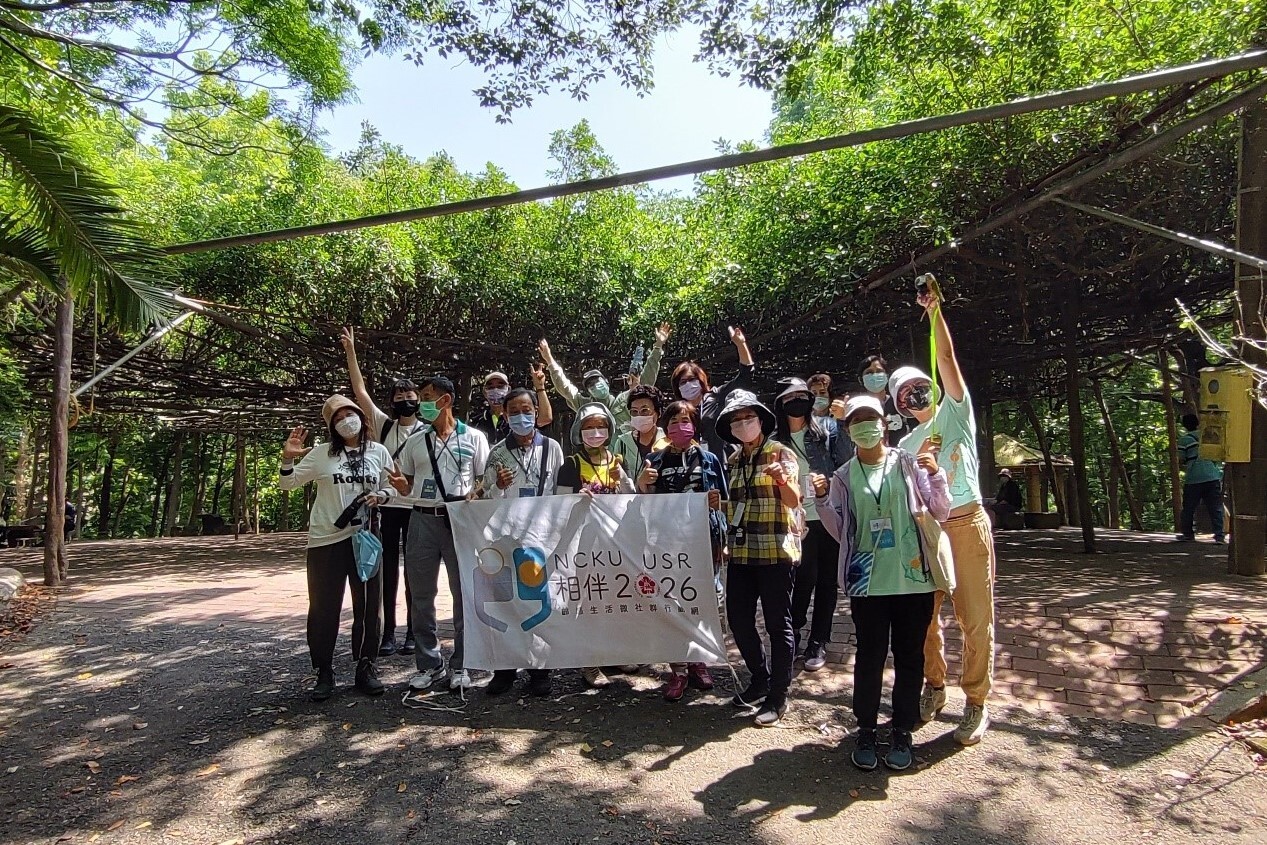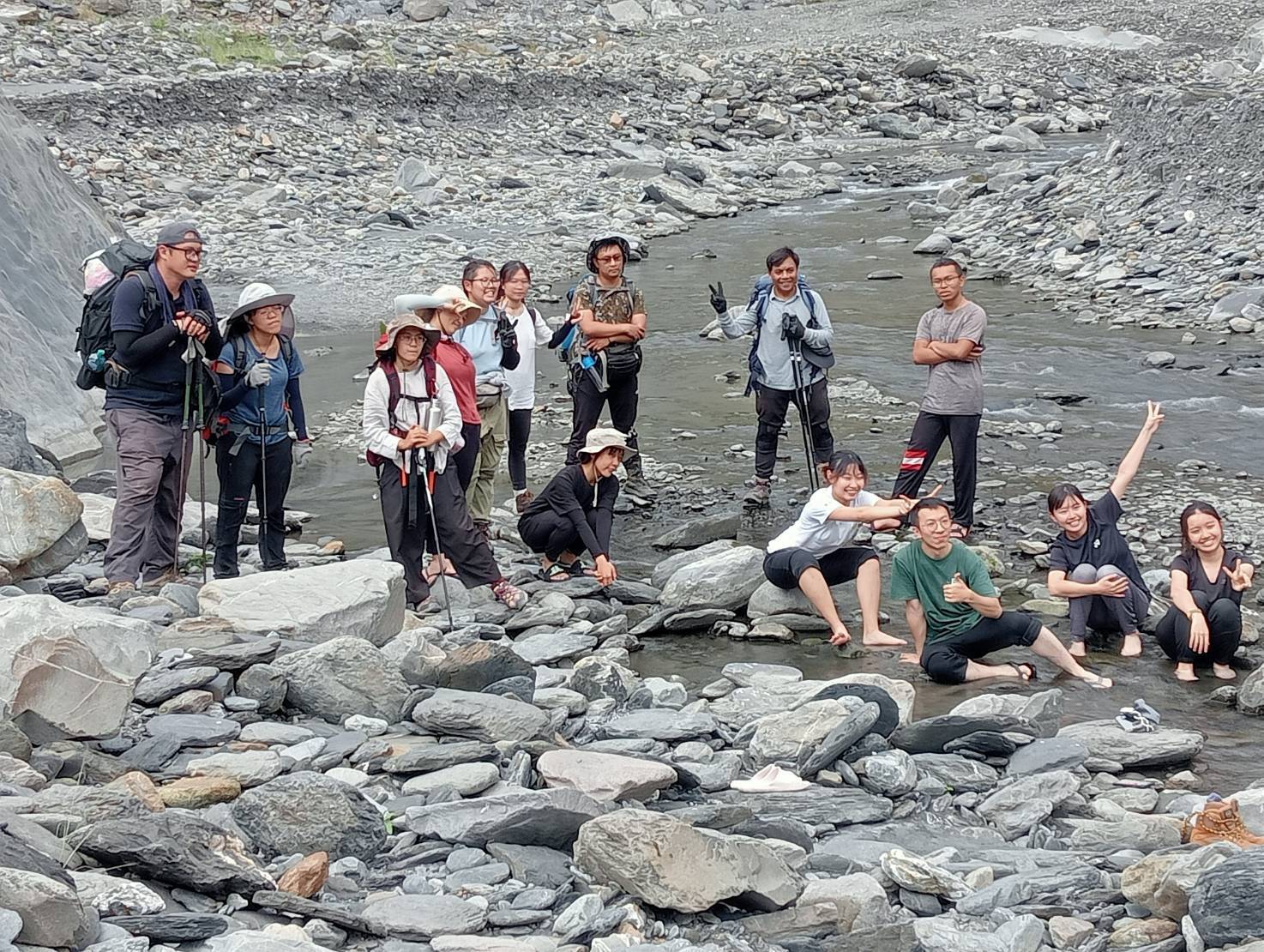SDG11
NCKU Archaeology Institute faculty and students participate in the reconstruction of traditional Rukai indigenous slate houses.
Field surveys of historical sites often unveil many things that are not documented in books! Following the winter expedition in 2022, where Professor Sasala Taiban from the Archaeology Institute of National Cheng Kung University (NCKU) led students to survey the historical relics of the Rukai Tribe's Old Haocai settlement in Wutai Township, Pingtung County, they returned in the spring of 2023. The purpose of this trip was to understand how indigenous people rebuild traditional slate houses. Not only did students capture and document the reconstruction process, but they also participated in less hazardous and fundamental groundwork, contributing to a deeper understanding and appreciation of Austronesian culture and heritage preservation.
The slate house settlement of Haocai Old Village is a second-class historical site in Taiwan. In 2016, it was listed in the World Monuments Watch program by the World Monuments Fund (WMF), making it Taiwan's second world-class cultural asset and the only indigenous settlement on the list.
After graduating from elementary school in 1977, Professor Sasala Taiban witnessed the abandonment and dilapidation of the settlement houses upon his tribe's relocation from Haocai Old Village. In 2021, he applied to the Cultural Heritage Bureau of the Ministry of Culture for house repairs, which were approved in 2023. Earlier this year, Professor Sasala Taiban entrusted Yi-Xiong Du, nicknamed "Little Hunter," an experienced tribesman in house repairs, to lead a team of tribal members from Haocai, Ali, Shenshan, and other nearby tribes to commence house restoration.
Traditional Rukai houses consist of "wooden beams" and "masonry walls." Crafting wooden beams involves various processes such as tree felling, bark removal, wood planing, and drying before they can serve as house beams. The team selected trees from surrounding areas for beams, tasks requiring expertise and posing certain dangers. Meanwhile, students observed and documented operations like sawing wood and removing bark.
Another crucial aspect of house restoration is masonry work, in which students participated in foundational tasks. Slate, a vital construction material, was salvaged from the roofs of earlier houses. Despite the collapse of many due to decaying wooden beams, most slates remained intact. Under the team's guidance, students neatly arranged the fallen slates according to size and weight, revealing Professor Sasala Taiban's bedroom floor after decades of obscurity.
During the groundwork clearing process, remnants of Professor Sasala Taiban's family's early life emerged, including medicine bottles and aluminum cans used by his mother during her tenure as a health worker and midwife. Additionally, "Little Hunter" Yi-Xiong Du recognized rubber shoes worn by elementary school students at that time. As the team worked on house rebuilding, long-held memory boxes in everyone's hearts were opened, fostering reminiscences of tribal life and childhood fears.
Over the past two years, the NCKU Archaeology Institute has embarked on two expeditions to survey the historical relics of the Rukai Old Haocai settlement in Wutai Township, Pingtung County, yielding abundant results each time. Faculty and students are already planning a third visit to further their archaeological research at Haocai Old Village.
The slate house settlement of Haocai Old Village is a second-class historical site in Taiwan. In 2016, it was listed in the World Monuments Watch program by the World Monuments Fund (WMF), making it Taiwan's second world-class cultural asset and the only indigenous settlement on the list.
After graduating from elementary school in 1977, Professor Sasala Taiban witnessed the abandonment and dilapidation of the settlement houses upon his tribe's relocation from Haocai Old Village. In 2021, he applied to the Cultural Heritage Bureau of the Ministry of Culture for house repairs, which were approved in 2023. Earlier this year, Professor Sasala Taiban entrusted Yi-Xiong Du, nicknamed "Little Hunter," an experienced tribesman in house repairs, to lead a team of tribal members from Haocai, Ali, Shenshan, and other nearby tribes to commence house restoration.
Traditional Rukai houses consist of "wooden beams" and "masonry walls." Crafting wooden beams involves various processes such as tree felling, bark removal, wood planing, and drying before they can serve as house beams. The team selected trees from surrounding areas for beams, tasks requiring expertise and posing certain dangers. Meanwhile, students observed and documented operations like sawing wood and removing bark.
Another crucial aspect of house restoration is masonry work, in which students participated in foundational tasks. Slate, a vital construction material, was salvaged from the roofs of earlier houses. Despite the collapse of many due to decaying wooden beams, most slates remained intact. Under the team's guidance, students neatly arranged the fallen slates according to size and weight, revealing Professor Sasala Taiban's bedroom floor after decades of obscurity.
During the groundwork clearing process, remnants of Professor Sasala Taiban's family's early life emerged, including medicine bottles and aluminum cans used by his mother during her tenure as a health worker and midwife. Additionally, "Little Hunter" Yi-Xiong Du recognized rubber shoes worn by elementary school students at that time. As the team worked on house rebuilding, long-held memory boxes in everyone's hearts were opened, fostering reminiscences of tribal life and childhood fears.
Over the past two years, the NCKU Archaeology Institute has embarked on two expeditions to survey the historical relics of the Rukai Old Haocai settlement in Wutai Township, Pingtung County, yielding abundant results each time. Faculty and students are already planning a third visit to further their archaeological research at Haocai Old Village.
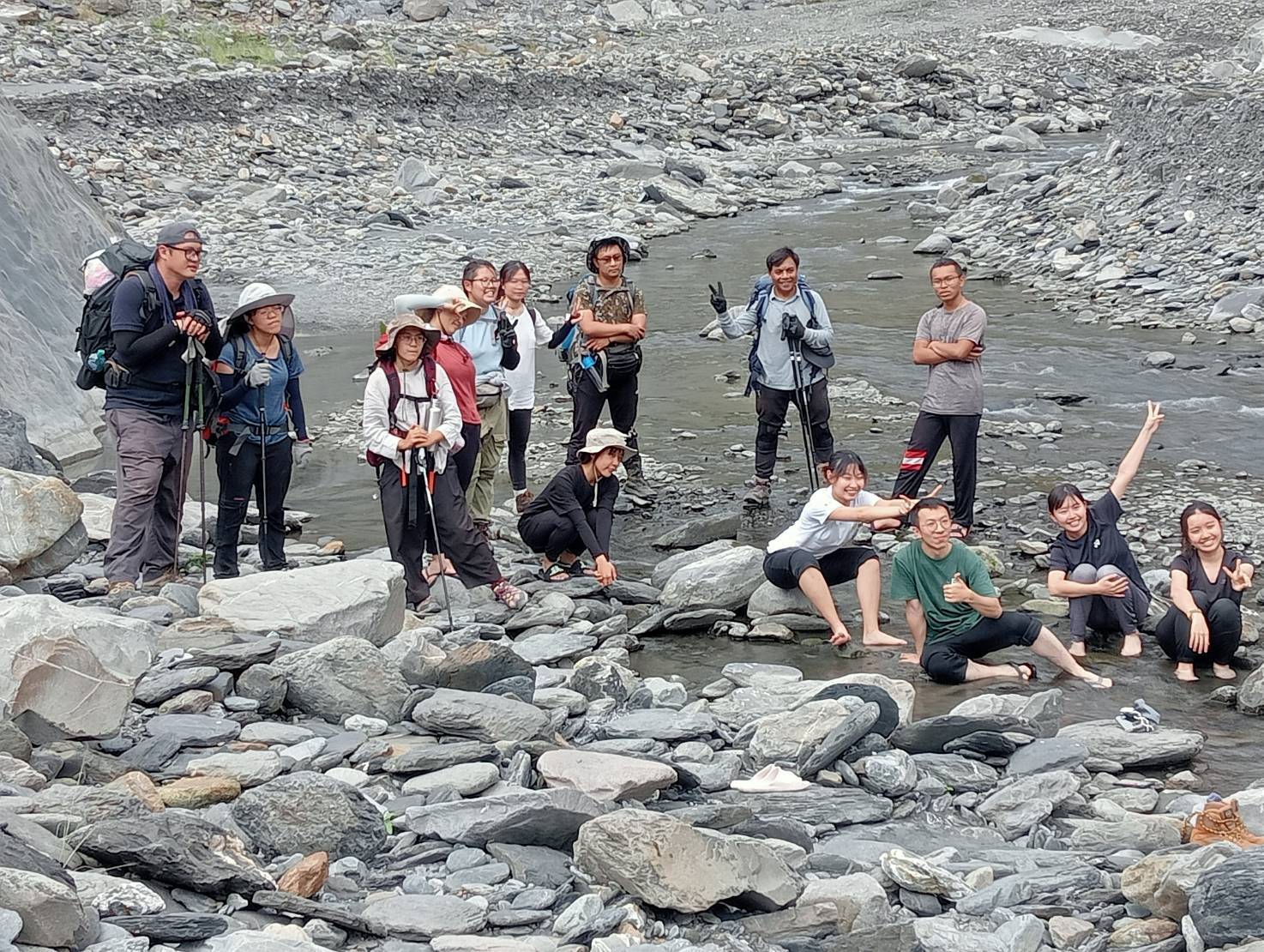
NCKU students and faculty returned to Wutai Township, Pingtung County in the spring of 2023, following their winter expedition in 2022 to survey the historical relics of the Rukai tribe's Old Haocai settlement.
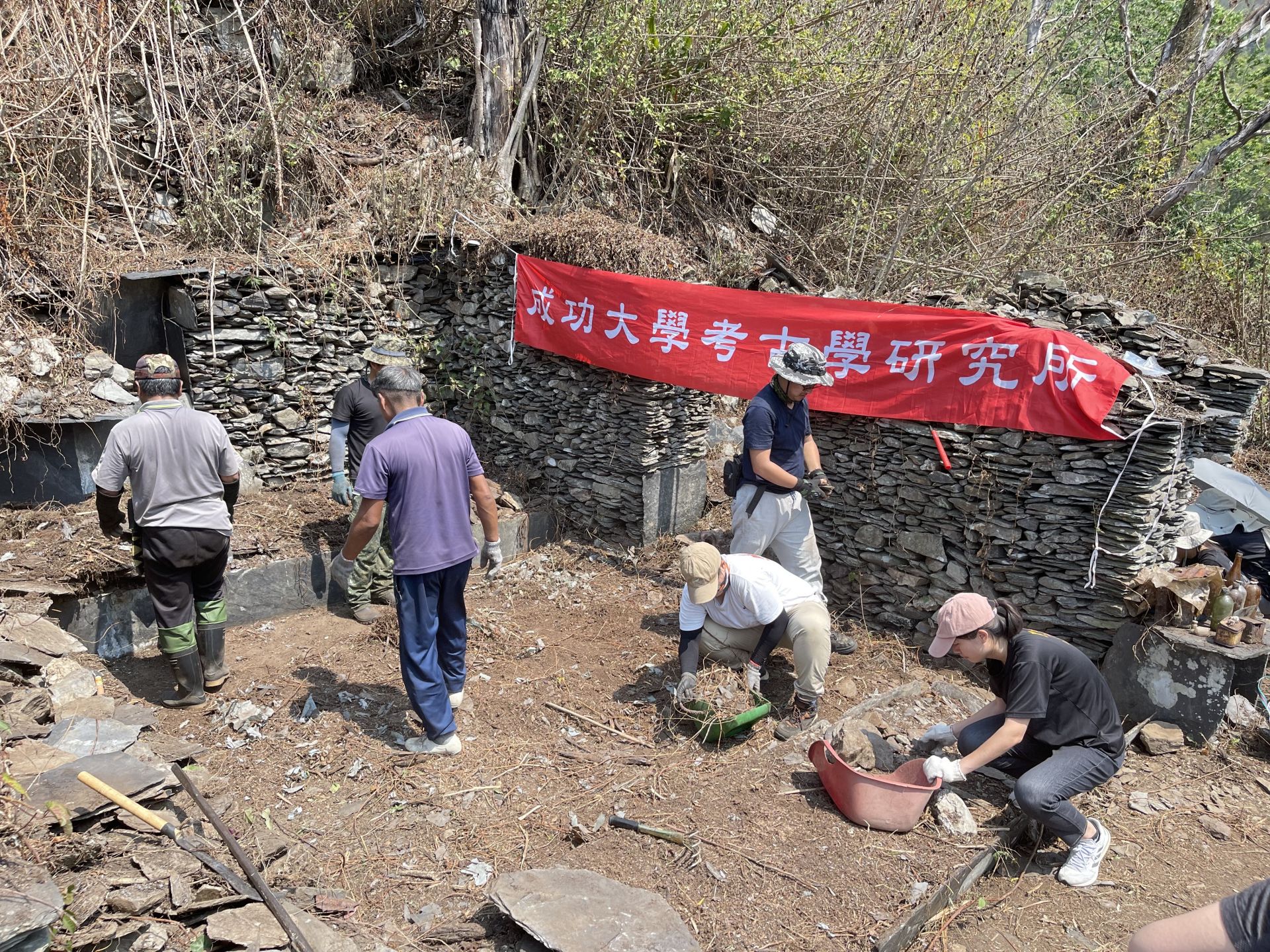
The Archaeology Institute students and faculty engaged in the reconstruction of indigenous houses.
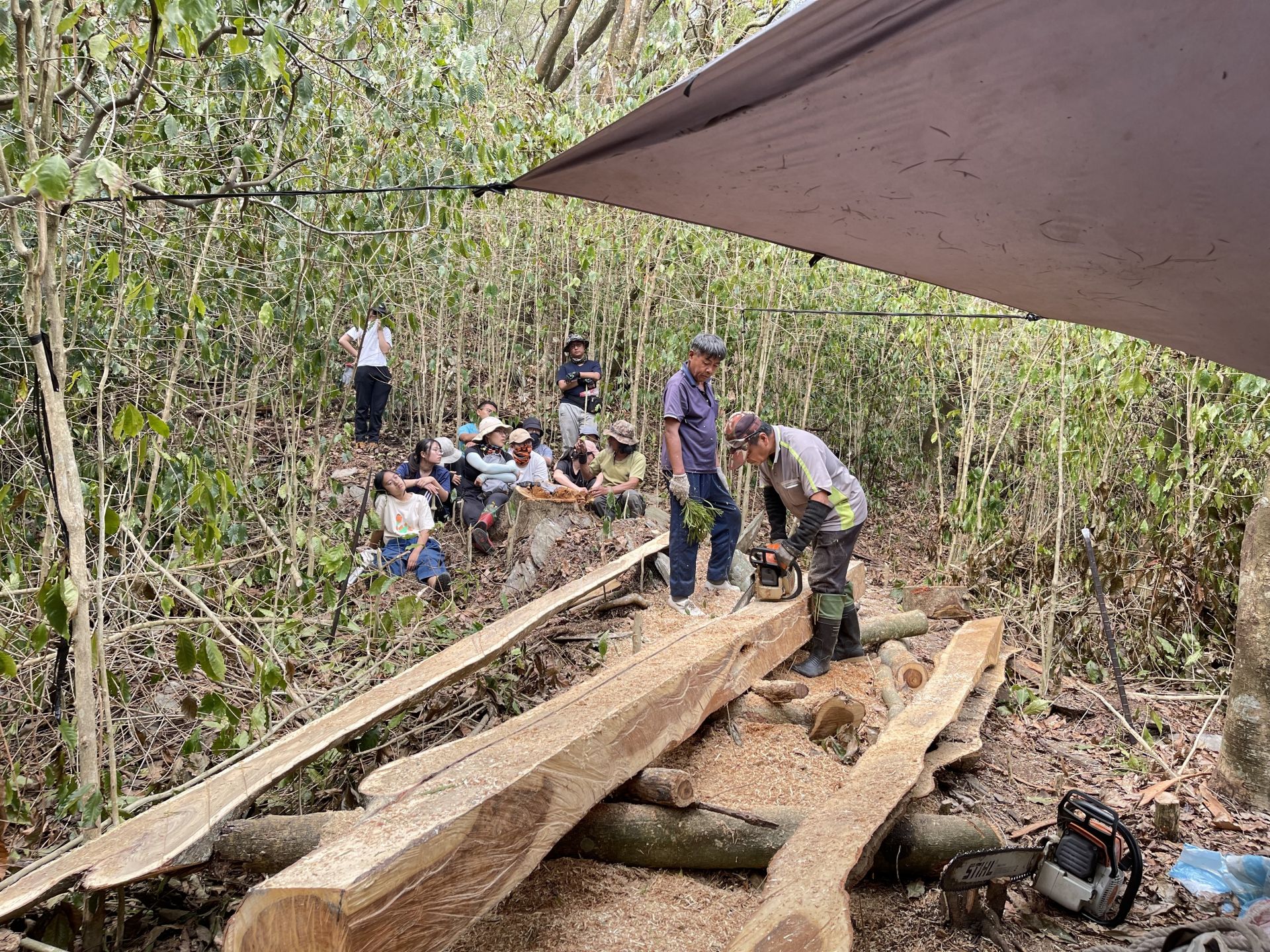
They observed the process of sourcing materials for house beams, sawing wood, removing bark, and planing wood.
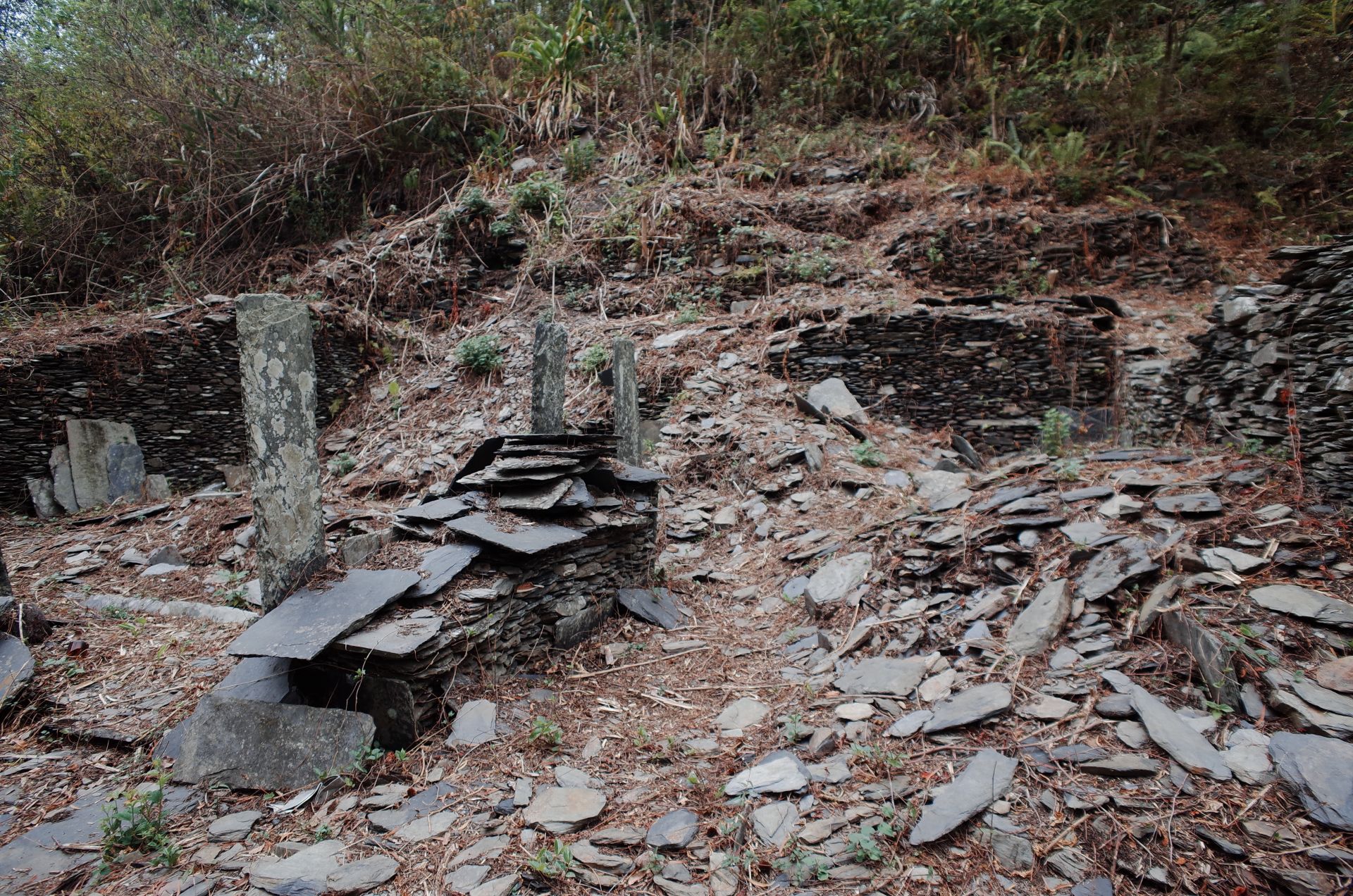
Dilapidated tribal houses.
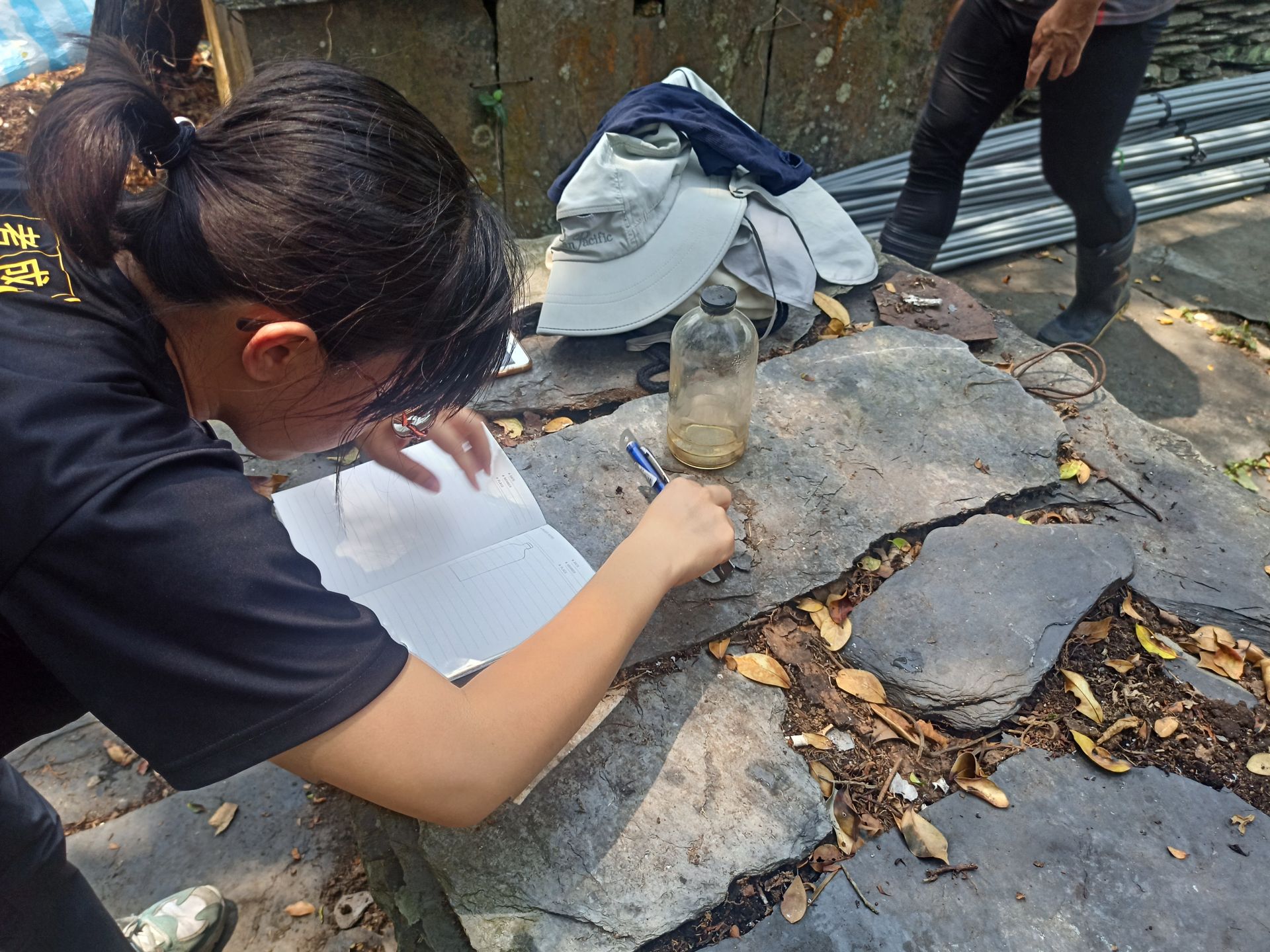
Students documented and organized the items found during the house reconstruction process.
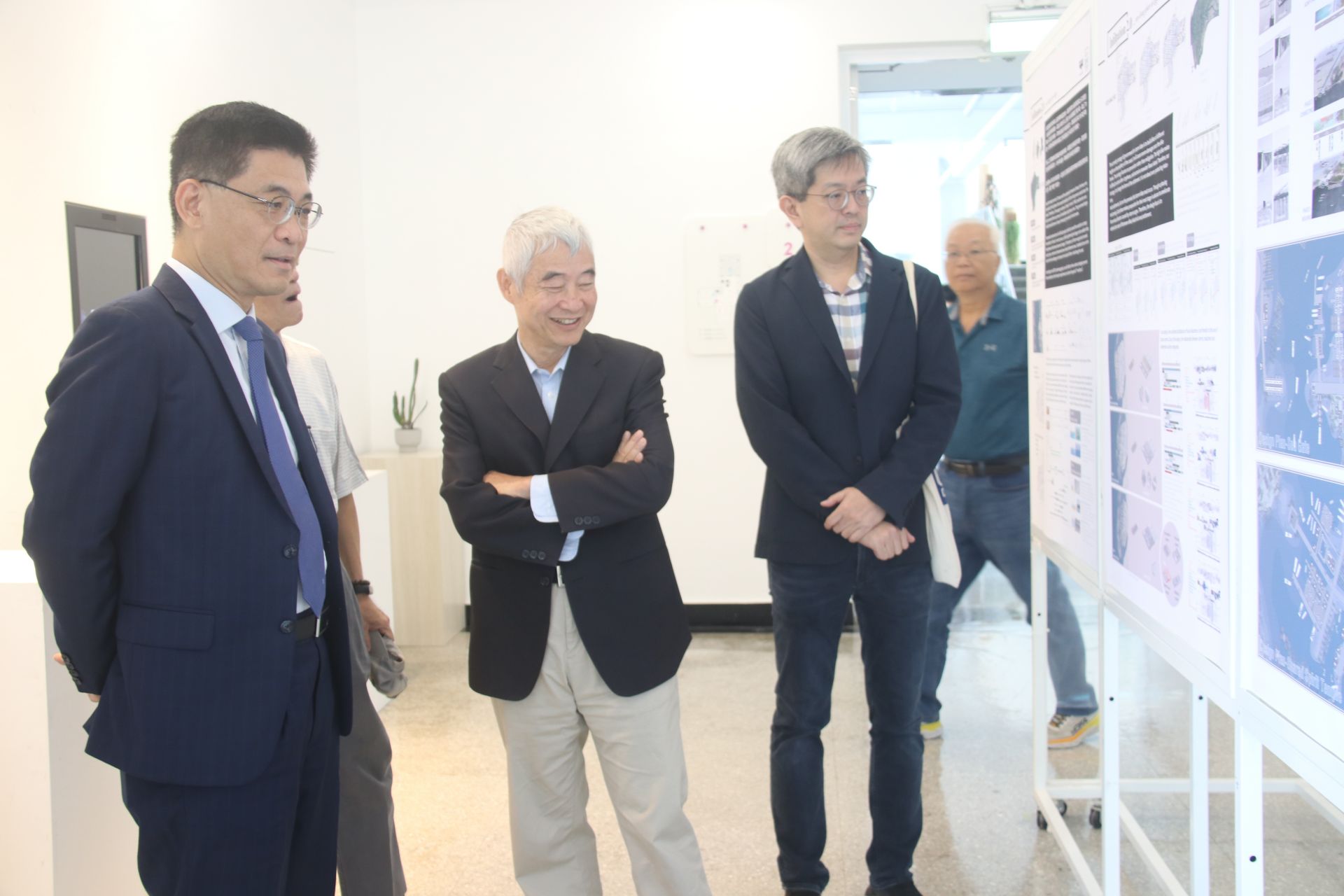
SDG112023 "Sustainable Island Strategy Design Series Forum": advancing Taiwan's sustainability.
View more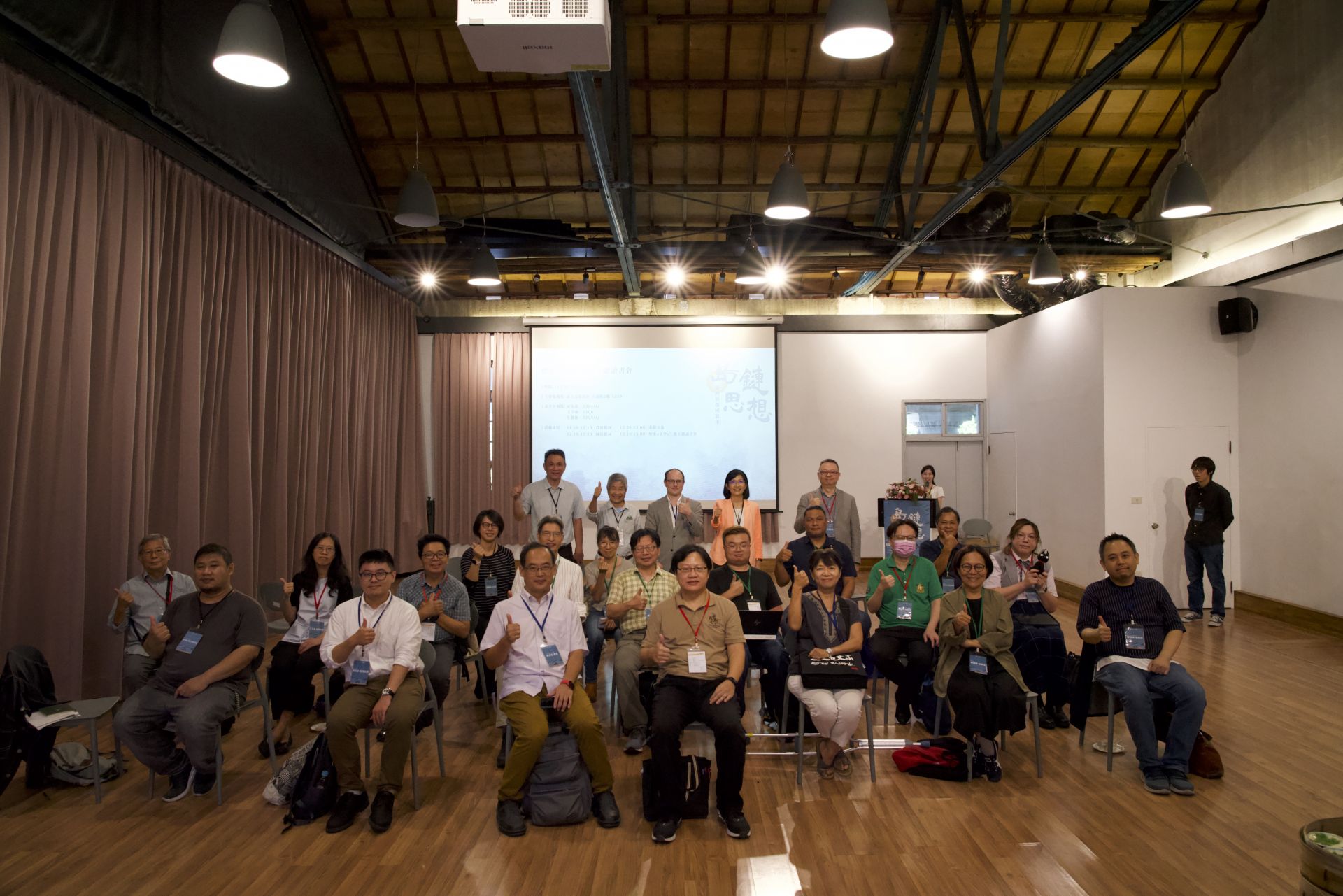
SDG11Taiwan Comprehensive University System Launches 'Island Chain, Thought' Strategy Alliance Project – Reading Session Takes Place
View more